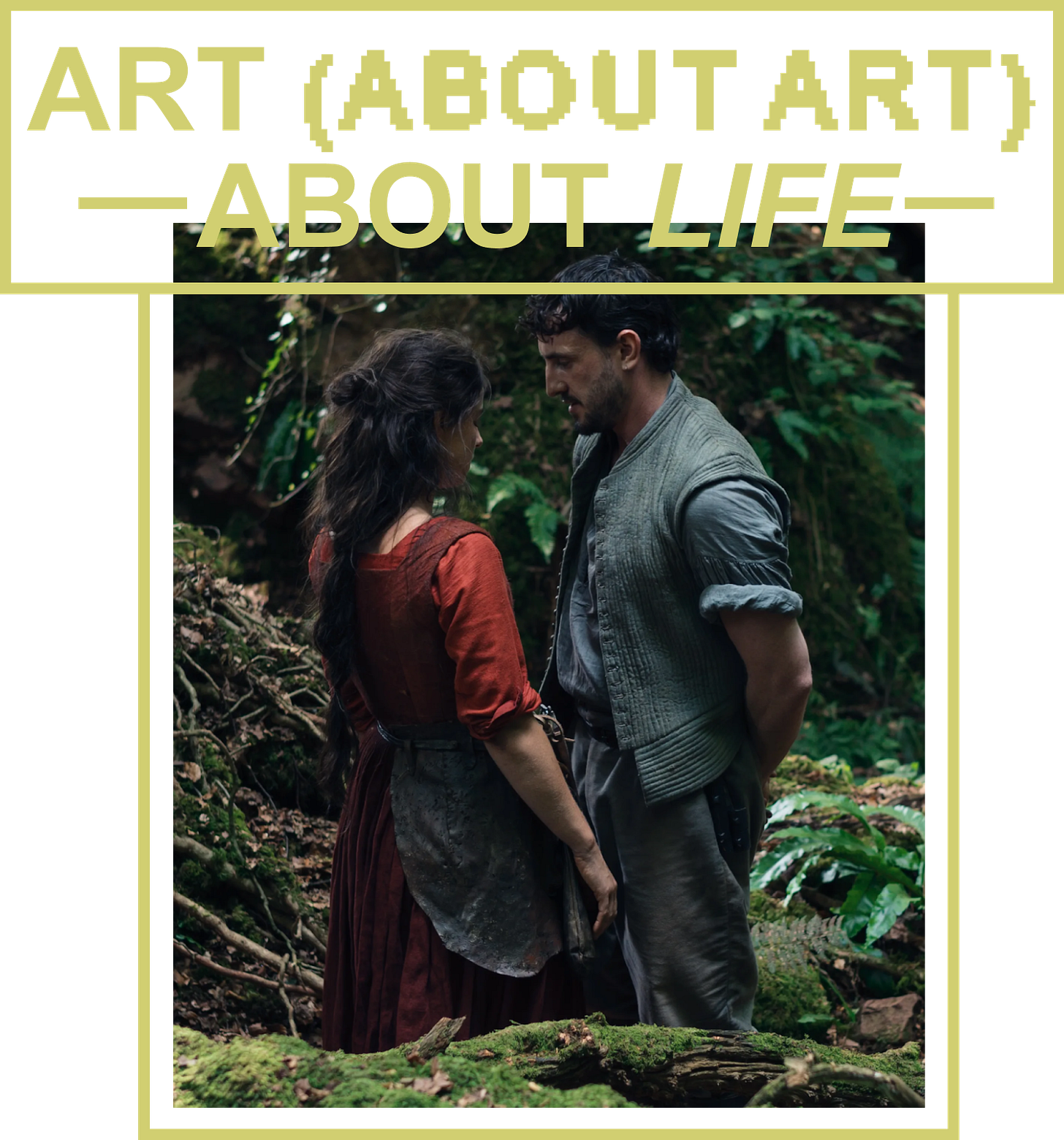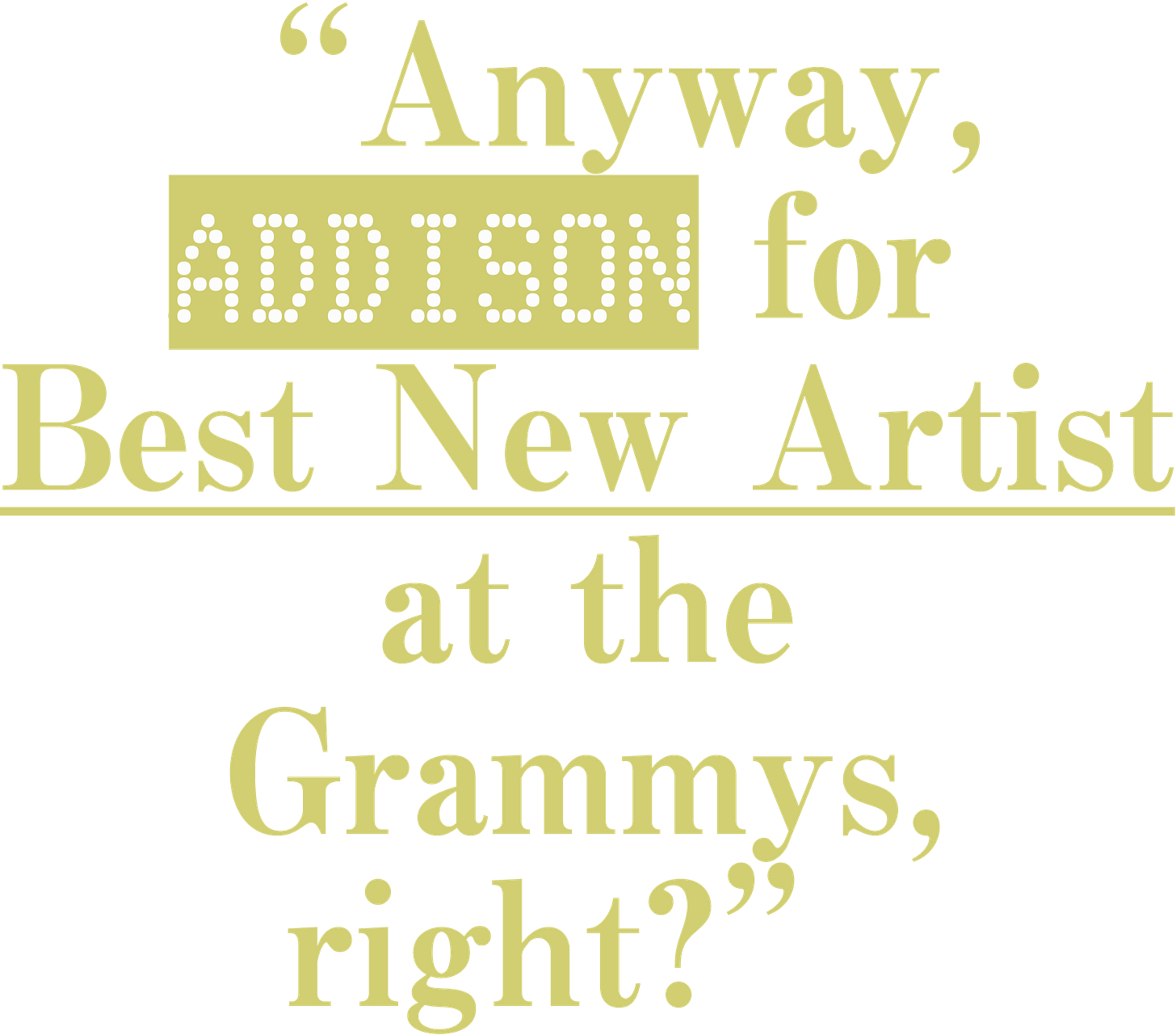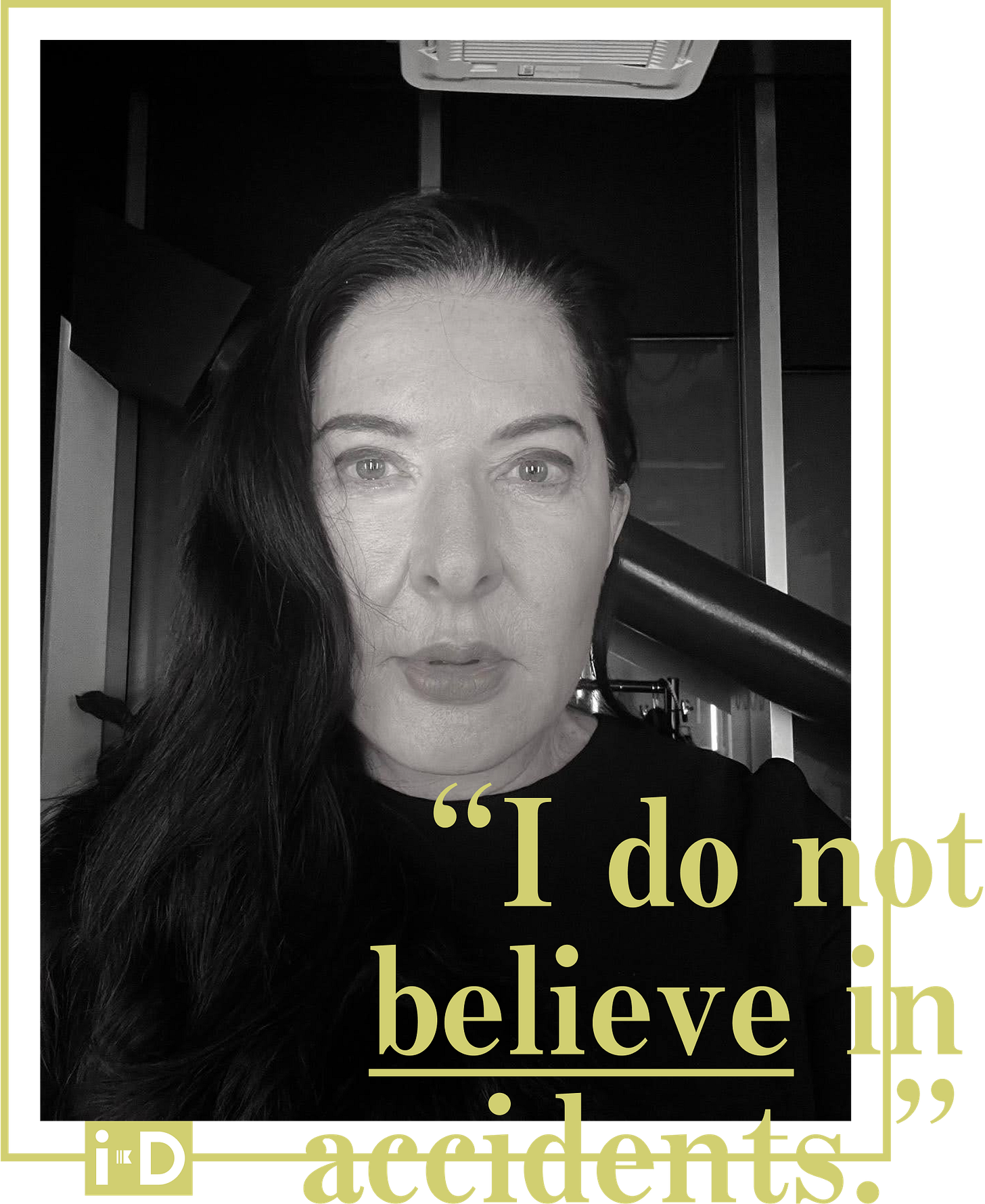Is this f*cking movie about us?
Plus the Best New Artist curse.
I’ve been watching the snake eat itself at the movies this week. In the past seven days, I’ve watched three films about the making of art to process a personal turmoil, adding to a few more I’ve caught in the past few months at festivals. In each, it feels like these films are inevitably scratching a personal itch for the filmmaker behind them.
In Chloe Zhao’s magnificent Hamnet, William Shakespeare’s grief for the son he lost frames the playwright as dismissive and in denial, until the chrysalis unravels and his real feelings come through. With Sentimental Value, the new film from The Worst Person in the World director Joachim Trier, a filmmaker uses a new script idea as an attempt to make amends with his actor daughter. And in the beautiful Blue Heron, a quiet indie film still seeking distribution, the filmmaker Sophy Romvari crafts a beautiful coming-of-age movie in turn of the century Canada—about the differences felt within families—then steps back and surveys itself in a way so magical and perceptive I shed a small tear.
I enjoy these kinds of things. It makes me think about the myriad ways we use art to articulate feelings we might otherwise struggle to. It can be a useful, but exposing tool. The best ones, perhaps selfishly, are the works of art that feel like they’ve been stolen from their maker and put on display with a kind of rawness that might lead to regret.
Perhaps still the most gorgeous example of this art and life matryoshka moment is Remake, a film by the cult documentary creator Ross McElwee. McElwee’s whole life involved carrying a camera, capturing what most see as mundane, including the lives of his (now former) wife, and their children. In his life’s pivotal moments—be it precious memories with his kids, or confrontations with his eldest son Adrian, who died of an overdose in 2013. His films have always been personal, but Remake interrogates his actions as a father, and whether a life spent in front of the lens might have impacted the trajectory of his own children. I sobbed and sobbed when I saw it at Venice Film Festival, mostly because it reminded me of how powerful artists can be: sacrificing an impenetrable sheen to be honest in the only way they know how.
At the start of each year, we anoint new stars in music. The way in which they’re chosen often feels a little nonsensical. Some of them are chosen by the public (MTV Push); others by committee (Grammys, BRITs, the BBC Sound Of prize), but arbiters attest to having some real sway over the stars of tomorrow. I’ve voted for a couple of these things in the past, and the people you’d like to nominate are never the ones that make the final cut, because it’s as if there is a pre-ordained shortlist of nominees major labels have set in place.
Back in the day, the likes of Oasis, and Belle and Sebastian, won the BRITs Rising Star award, or whatever it was called back then, within months of their breakthrough moment, or just before their lives changed forever. These days, it feels harder to get excited about prizes like it. While in the past, icons were made, more recently these prizes force people to live up to the hype of their very starry predecessors, and when that list includes Arctic Monkeys and Dua Lipa, that’s near-impossible to achieve.
And some fade: Brit Rising Star rapper Tinie Tempah gave up music in 2017 to become a TV presenter. 2008 winner Mika (who covered “Popular” from Wicked with Ariana Grande before she got cast in the movie—real heads know) has started to take a similar path. I’m sure it still means a lot to the people that win them, but are we all in agreement that we’re not breaking stars with them anymore? The Grammy’s Best New Artist nominees famously feature one artist who’s been grafting for the best part of a decade. (Pink Pantheress is campaigning this year. I did her first interview for this magazine back in 2020.) With so many artists being more self-sufficient, building audiences online rather than on radio and print media, it feels like a secondary co-sign of success rather than a life changing achievement.
Anyway, Addison for Best New Artist at the Grammys, right?
The legend of performance art Marina Abramovic has two works on show concurrently: Balkan Erotic Epic, a performance piece at Manchester’s Factory International, and a show at London’s Saatchi Yates. I asked her the following question:
Has anything changed your life accidentally?
“I do not believe in accidents. Even if it appears to be an accident I always realise later that there is and should never have been any other way.”
Timothee Chalamet won White Boy of the Year. In his notes app acceptance speech he wrote: “you can get lost in the Sauce, but without Sauce, you are lost.”
One of the cool things at the London Film Festival: Moss & Freud. It’s a film about Kate Moss’s friendship with the painter Lucien Freud, who she sat for while pregnant with her first daughter, Lila. Ellie Bamber plays her and it’s fucking uncanny.
Hit me up if you live in London and need a cafe to work from. Non-descript chain coffee shops that will let you sit unbothered for six hours are my specialty.
Where is Phoebe Bridgers these days?











Asking the real questions. I'd do anything for another Phoebe Bridgers solo record.